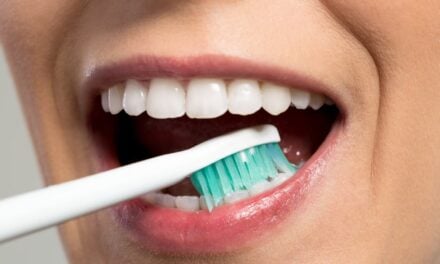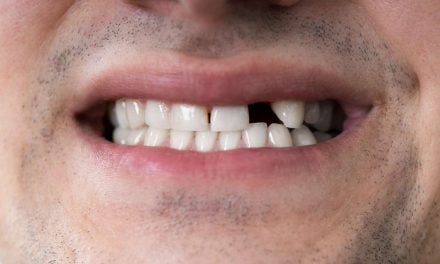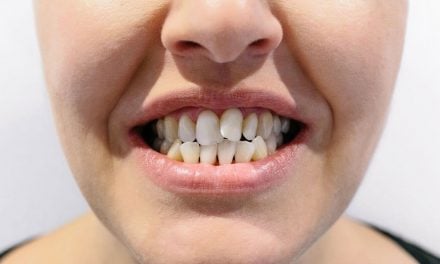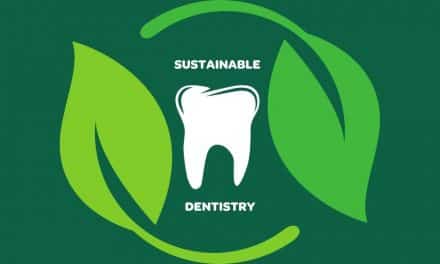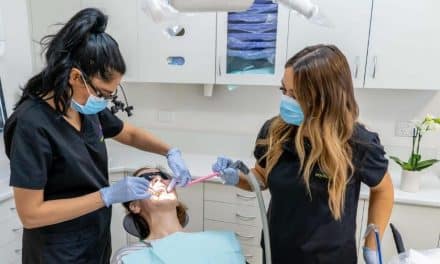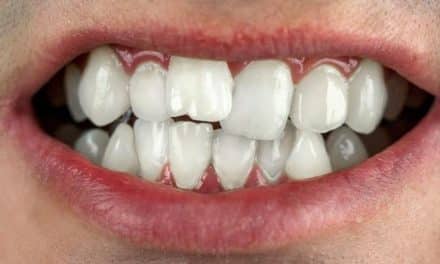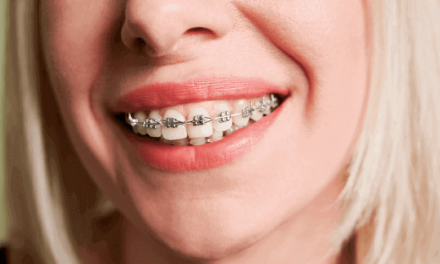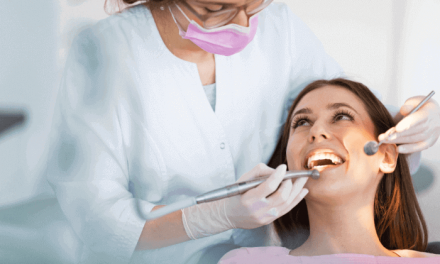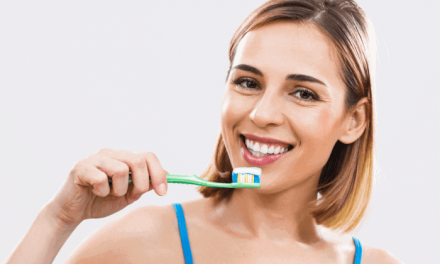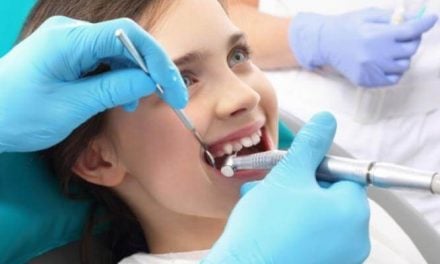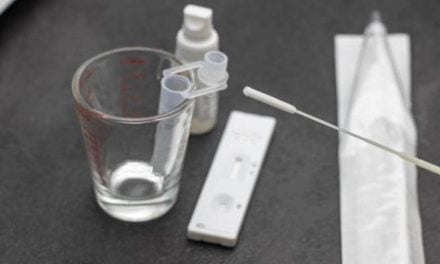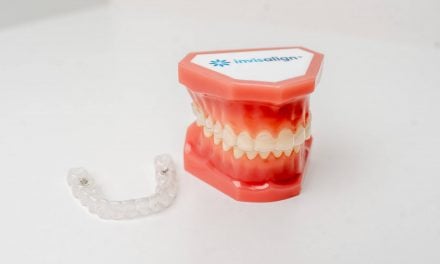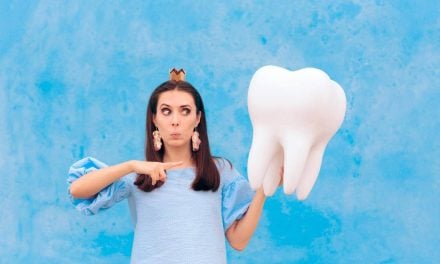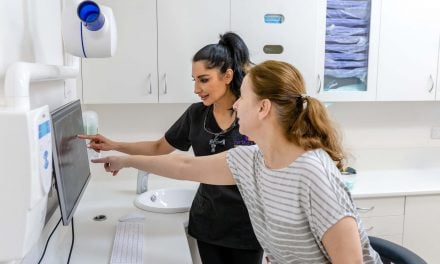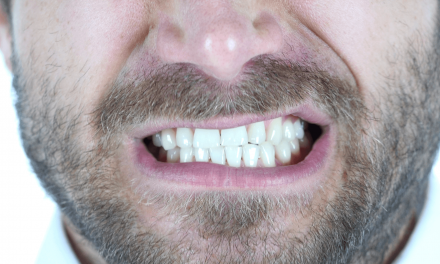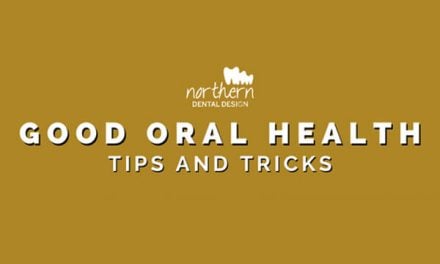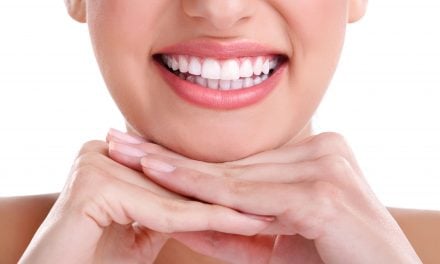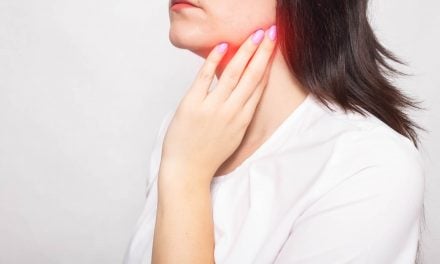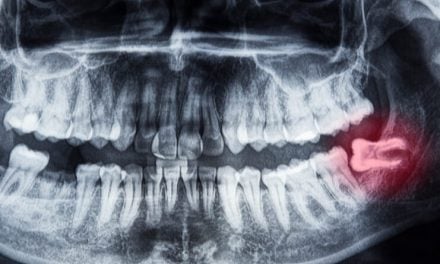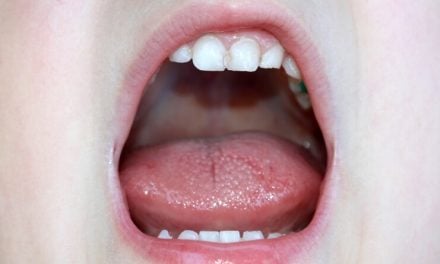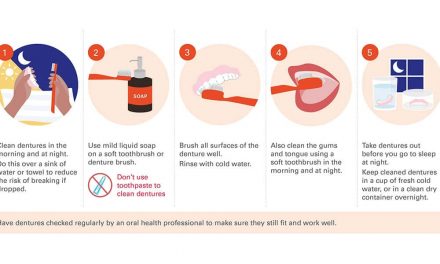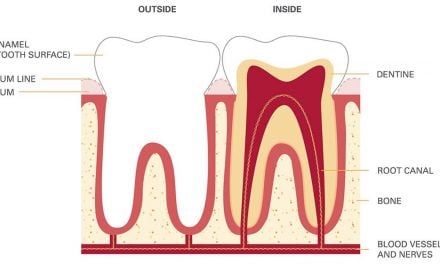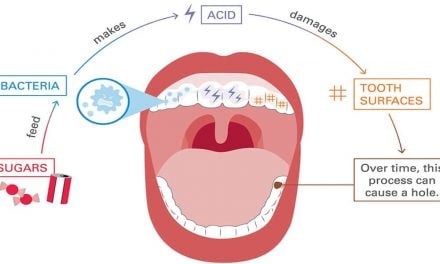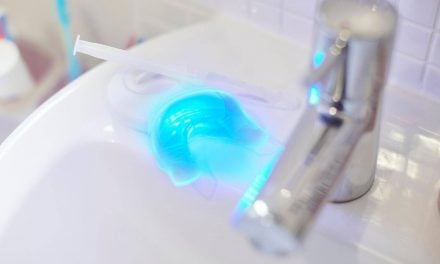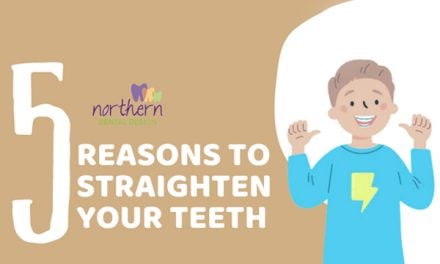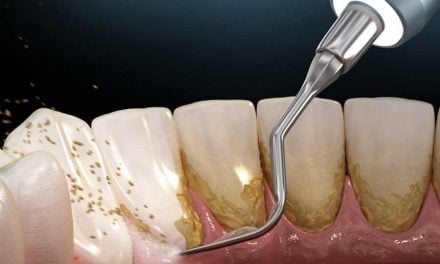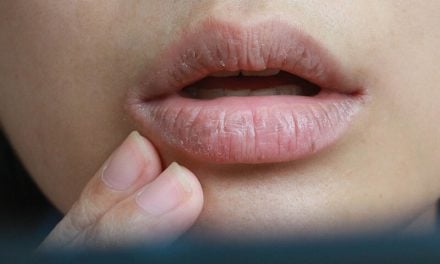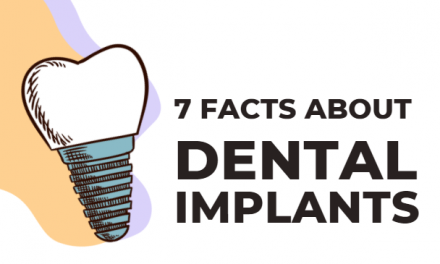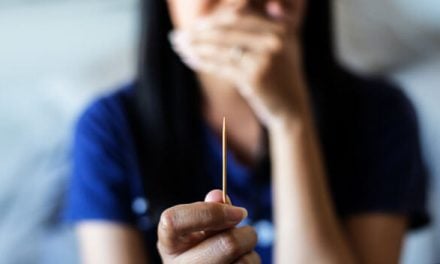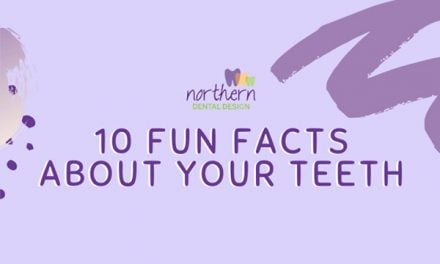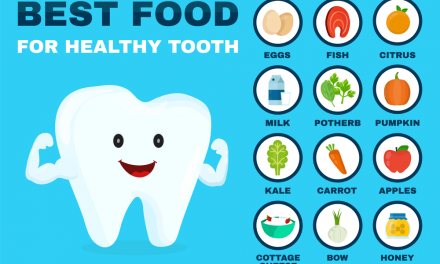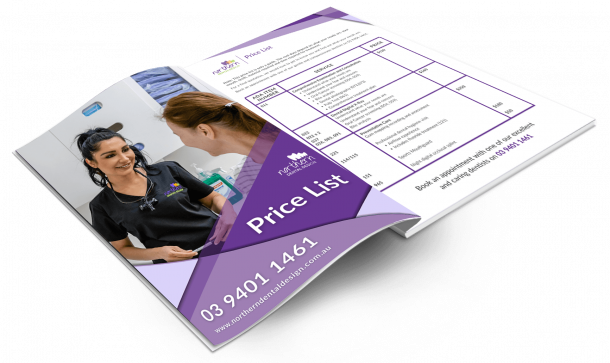What Is Dental Plaque?

Plaque is a sticky film that forms on your teeth every day: You know, that slippery/fuzzy coating you feel when you first wake up.
Scientists call plaque a “biofilm” because it’s actually a community of living microbes surrounded by a gluey polymer layer. The sticky coating helps the microbes attach to surfaces in your mouth so they can grow into thriving microcolonies.
The difference between plaque and tartar
When plaque isn’t regularly removed, it can accumulate minerals from your saliva and harden into an off-white or yellow substance called tartar.
Tartar builds up along your gum line on the fronts and backs of your teeth. Although attentive flossing may dislodge some tartar buildup, you’ll probably need to visit a dentist to rid yourself of all of it.
What causes plaque?
Your mouth is a thriving ecosystem. Bacteria and other organisms come in when you eat, drink, and breathe. A delicate balance is maintained in your oral ecosystem most of the time, but problems can arise when certain strains of bacteria become overabundant.
When you eat carbs and sugary foods and drinks, bacteria feed on the sugars, producing acids in the process. Those acids can cause problems like cavities, gingivitis, and other forms of tooth decay.
Tooth decay from plaque can even happen under your gums where you can’t see it, eating away at the support for your teeth.
How is plaque diagnosed?
Most of the time, plaque is colourless or pale yellow. A dentist can spot plaque on your teeth using a small mirror during an oral examination.
What’s the treatment for plaque?
You can remove plaque by brushing and flossing your teeth regularly with a soft-bristled toothbrush. Some dentists recommend electric toothbrushes because they are believed to be more effective at removing plaque.
A 2019 review of studies showed that using toothpaste containing baking soda is a good way to eliminate plaque.
Plaque that has hardened into tartar will have to be removed by a dental professional. Your dentist or oral hygienist can remove it when you have a regular dental checkup and cleaning. Because tartar can build up in hard-to-reach places, it’s essential to visit a dentist twice a year to keep it under control.
How to prevent plaque
Practice good oral hygiene
To keep the bacteria in plaque from harming your teeth and gums, the most important thing you can do is clean your teeth every day. Brush your teeth twice a day, and brush after eating sugary foods.
To learn an effective technique for removing plaque while you brush, try the method recommended here:
It’s also essential to floss your teeth daily since plaque can form in the tight spaces between teeth. And a vital part of good oral health is visiting your dentist regularly for cleanings and checkups.
Swish!
Consider a mouth rinse product when you rinse and floss to get at the bacteria between your teeth. In a 2016 review of the medical literature, researchers concluded that when mouth rinses are used along with brushing and flossing, there’s a significant reduction in plaque and gingivitis.
Mouth rinses have lots of different active ingredients: Chlorhexidine (CHX), probiotic, herbal, and essential oil mouth rinses have all been studied.
CHX is available by prescription only. While it effectively reduces plaque buildup and overall gum health, it can stain teeth, increase tartar buildup, and change the way food tastes.
If you want a rinse that won’t cause staining or other side effects, you might consider a probiotic or herbal rinse. A 2016 study showed both types significantly improve plaque levels without the staining with a CHX rinse.
Some studies have also found that rinse products containing essential oils result in less plaque buildup than brushing and flossing alone. Listerine Cool Mint, for example, contains small amounts of menthol, thyme, wintergreen, and eucalyptus oils, and a 2017 review of studies found it reduces both plaque and gingivitis.
Cranberries, anyone?
Talk to your dentist about including cranberry products in your diet. Lab studies have shown that polyphenols in cranberries are effective deterrents to two of the mouth bacteria most likely to lead to cavities: Streptococcus mutans and Streptococcus sobrinus.
It’s important to note that while these results are promising, they took place in a lab setting, so the effects of cranberries on a plaque in the human mouth haven’t yet been confirmed.
Outlook for managing plaque
Plaque forms in your mouth every night as you sleep and during the day as you eat and drink. If you practice good oral hygiene, limit sugary foods and drinks, and see your dentist twice a year to have plaque thoroughly removed, you can keep its growth manageable.
Without regular cleanings, plaque may harden into tartar or cause cavities, tooth decay, and gum disease. Inflammation in your mouth can lead to other health problems, so it’s a good idea to stay on top of plaque with good dental habits and regular trips to the dentist.
The takeaway
Plaque is a sticky film that forms on your teeth as you sleep and as you move through your day. It’s made up of several strains of bacteria plus a sticky coating.
The bacteria in plaque feed on carbs and sugars, producing acid as they metabolize the sugars. The acids can damage your enamel and the roots of your teeth, leading to gum disease and tooth decay.
The good news is that with thorough brushing, flossing, rinsing with a mouthwash, and biannual trips to the dentist, you should be able to keep the growth of plaque to a minimum and maintain health of your mouth.
Click here to read the original article.
DISCLAIMER:
The content has been made available for informational and educational purposes only. Northern Dental Design does not make any representation or warranties with respect to the accuracy, applicability, fitness, or completeness of the content.
The content is not intended to be a substitute for professional personal diagnosis or treatment. Always seek the advice of your dentist or another qualified health provider with any questions you may have regarding a dental or medical condition. Never disregard professional advice or delay seeking it because of something you have read or seen on the Site.

